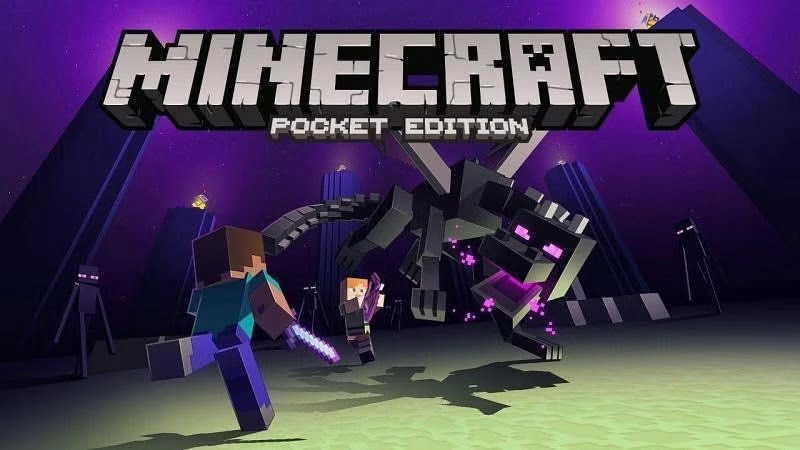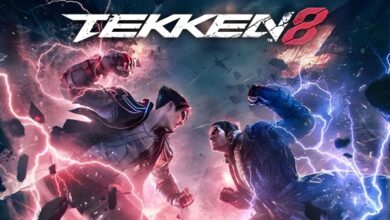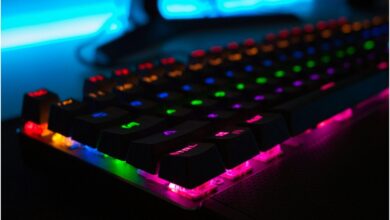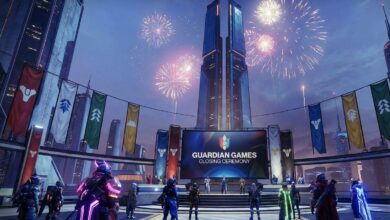Minecraft Pocket Edition Versions 1.20 And 1.21 Free Download In 2024

Minecraft Pocket Edition (PE) is the mobile version of Minecraft that can be played on smartphones and tablets. With over 350 million downloads, Minecraft PE is one of the most popular mobile games ever.
One way to enhance the graphics and visuals in Minecraft PE is to use shaders. Shaders modify the lighting and shadows in the game to create more realistic and atmospheric graphics. The latest versions of Minecraft Pocket Edition that support shaders are 1.20 and 1.21.
In this comprehensive guide, you’ll learn everything you need to know about downloading and installing shaders for Minecraft Pocket Edition 1.20 and 1.21. We’ll cover what shaders are, the benefits of using shaders, how to download shaders, troubleshooting tips, and the best shader packs to try. Let’s get started!
What Are Shaders in Minecraft Pocket Edition?
Shaders are small programs that change the way Minecraft renders graphics and lighting. They make blocks, textures, and colors appear more realistic. Shaders add polished visual effects like waves in water, rippling leaves, reflections, light rays, and detailed shadows.
Minecraft PE shaders can transform the look and feel of the game to be more immersive. With shaders, Minecraft PE feels like a whole new game! The graphics become more vivid and detailed, bringing your builds to life.
Benefits of Using Shaders in Minecraft PE
There are many benefits to using shaders in Minecraft PE:
- Improved graphics and visuals – Shaders make the game look significantly better with enhanced lighting, shadows, water effects, and more. Your Minecraft world becomes more realistic and vivid.
- Higher immersion – The improved visuals draw you into the Minecraft experience for longer. Exploring caves, oceans, and forests becomes more engrossing.
- Atmospheric lighting – Shaders create stunning sun rays, glowing lava, flickering torches, and other lighting effects that set the mood. Days and nights in Minecraft truly come alive.
- Customizable – There are hundreds of shader packs to choose from, allowing you to tailor the graphics to your preferences.
- Works on many devices – Shaders work on most newer iOS and Android devices that can handle the improved graphics. You get a majestic Minecraft PE experience on your phone or tablet!
How to Download and Install Shaders in Minecraft PE 1.20/1.21
Download 1.21
Downloading shaders for Minecraft PE 1.20 and 1.21 is easy. Here are the steps:
- Get a Shader Pack
Search online for “Minecraft PE shader packs” and browse the many options. Some popular packs include ESBE 2G, Chocapic13, Continuum, ProjectLUMA, and more. Choose one that suits your style.
- Download the Shader Pack
Go to the shader pack’s site and download the .zip file. Make sure to get the MCPE/mobile version of the shader pack.
- Extract the Zip File
Unzip the downloaded .zip file. This will extract the shader pack folder that contains the shader files.
- Copy the Shader Folder
Go to Internal Storage/Games/com.mojang/resource_packs and copy the extracted shader folder here.
- Enable Shaders in Minecraft Pocket Edition
Launch Minecraft PE 1.20/1.21, go to Settings > Global Resources, and tap on the shader pack. Then activate it.
- Enjoy the Improved Graphics!
The shaders will be enabled and applied in the game. Explore your Minecraft world and enjoy the beautiful visual enhancements!
Troubleshooting Tips
Here are some troubleshooting tips if you face any issues installing or enabling shaders:
- Make sure your device is compatible – Older devices may struggle to run shaders. Shaders work best on newer iPhones, iPads, and Android phones.
- Check shader pack version – Use a shader pack made for MCPE 1.20/1.21. Old shader packs won’t work.
- Re-download if needed – If a shader pack isn’t working, delete it and re-download the Minecraft Pocket Edition version.
- Disable other resource packs – Turn off any other resource/texture packs as they can conflict with shaders.
- Reboot game/device – Try closing and restarting the game or rebooting your device if shaders aren’t enabling properly.
- Update graphics drivers – On Android, ensure you have updated graphics drivers. Outdated drivers cause issues.
- Reduce shader quality – If lagging, in the shader pack settings reduce the quality to improve performance.
The Best Shader Packs for Minecraft PE 1.20/1.21
There are endless shader pack options for Minecraft Pocket Edition, Here are 5 top-rated packs to try:
- ESBE 2G
A very popular shader with gorgeous water, shadows, sunlight rays, and smooth animations. ESBE 2G is one of the best shaders for low-end devices.
- Continuum
Photo-realistic textures and atmospheric lighting make Continuum a go-to choice. Works great on newer iPhones and iPads.
- Chocapic13
Vibrant and performance-friendly. Chocapic13 has beautiful sky colors and clouds. A top pick for older devices.
- ProjectLUMA
Offers Ultra-realistic shadows and lighting. Recommended for high-end devices as it’s resource intensive.
- Natural Mystic Shaders
Desaturated look with softer shadows and muted tones. Ideal for a more natural Minecraft Pocket Edition aesthetic.
Conclusion
Shaders transform the graphics of Minecraft Pocket Edition for a more beautiful and immersive experience. It’s simple to download and install shader packs on MCPE 1.20 and 1.21. A myriad of shader options are available, from ESBE 2G to Continuum and beyond. Follow the tips above to successfully enable shaders and explore your enhanced Minecraft worlds. Just make sure to download the Minecraft Pocket Edition (MCPE) version of any shader pack for full compatibility. Have fun watching your builds and environments come to life with stunning visual upgrades!



